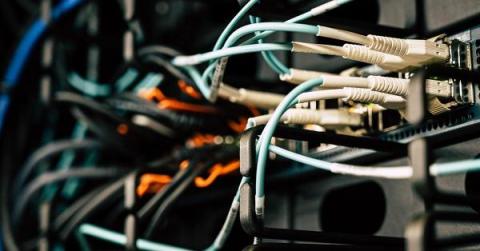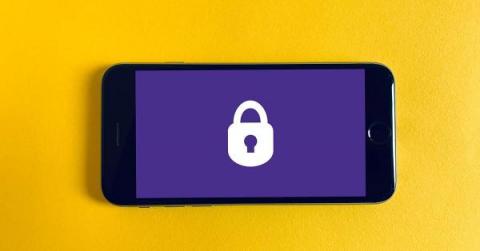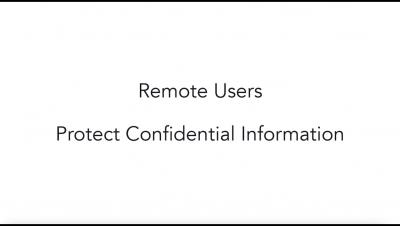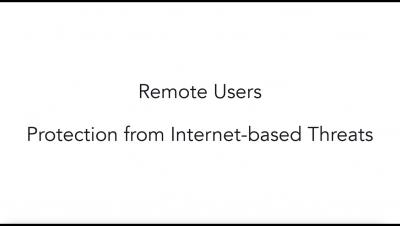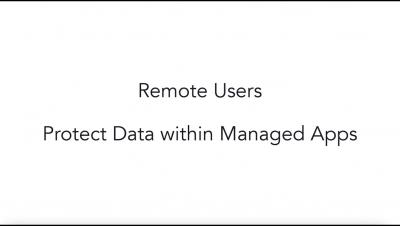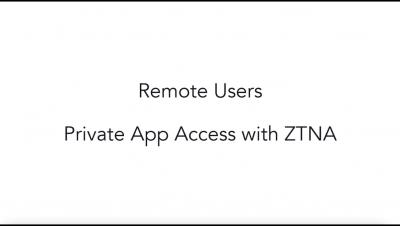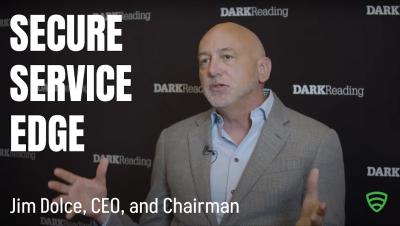Higher Ed Campuses Have Digitized: Protecting Sensitive Data Requires a Unified Approach
Higher education institutions have long been subjected to ransomware and other cyber attacks, which has had a huge impact on their operations. In 2020 alone, ransomware attacks affected nearly 1,700 U.S. schools, colleges and universities – which is an increase of 100% over the previous year. The average cost of these attacks were $2.73 million in downtime, repairs and lost opportunities.




